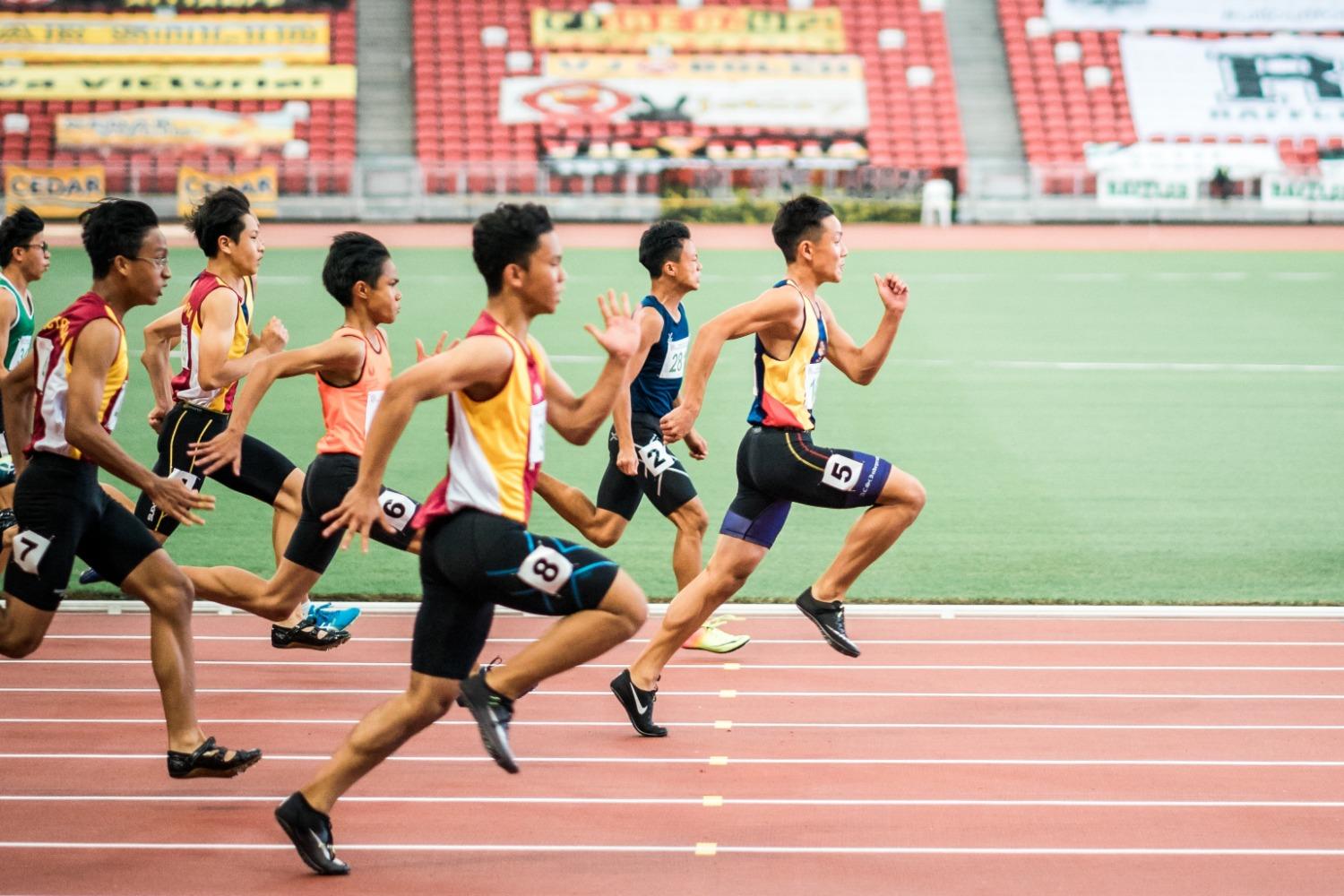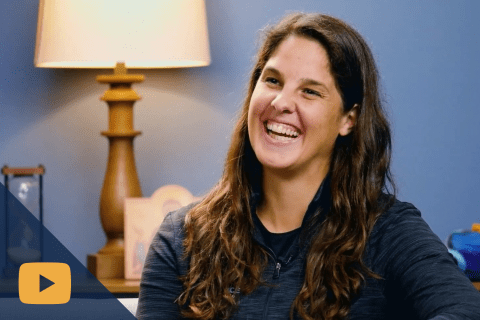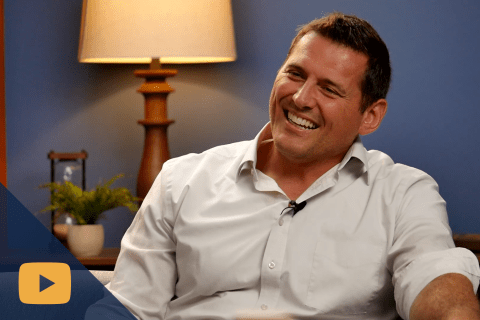This article is the fourth in a series of nine on The Christian Athlete, authored by Dr. Luis Fernando Aragón-Vargas, professor of human movement science in the School of Physical Education and Sports at the University of Costa Rica.
You can find a vast number of short papers, posters, and quotes targeting Christian athletes. A significant number of them focus on using religion or faith as an inspiration to be more competitive, to train harder, and to improve performance. They suggest that the Christian faith be used as a tool to become better athletes. Instead, I would like to turn that around and address sports as a tool to help us become better Christians.
For the Christian athlete, sport is not an end in itself. In the words of Pope Paul VI, during a 1975 speech for the Jubilee of Sportsmen:
“The Church, having the mission of welcoming and elevating everything that is found to be beautiful, harmonious, balanced, and strong in human nature, cannot but approve of sports, more so if the engagement of physical strength goes along with the use of moral energies, which can become a magnificent spiritual force… Sports competition, though so noble and beautiful, should not be considered an end in itself, but only as a means and an aid.”
Pope John Paul II, who was an avid sportsman, also insisted on this idea in his 1984 speech to the Free Italian Medical Association of Football: “The goal of sport is not an end in itself. The focus of sports should be the person, men and women, not the other way around. No football player is a robot, not even a professional one.” Moreover, in his homily during the international sports jubilee in 1984, he said: “there should always prevail a ‘philosophy of sport’ where the key principle is not ‘sports for their own sakes’ or for a motivation other than dignity, freedom, and the integral development of the person.” He developed this idea further during a 1989 speech:
“If sport is to be kept from having a life of its own and erecting itself into a vain and harmful idol, deceitful and misleading expressions toward sports fans must be avoided… Sport is certainly among the most popular of human activities and can have great influence on people’s behavior, especially on youth; but it is also subject to risks and to ambiguity. It should therefore be guided, supported and oriented in such a way as to express its positive aspects.”
Back in 1959, barely six months after I was born, Pope John XXIII addressed a group of Italian athletes calling them to virtue:
“Sports have a first order value in your lives toward exercising virtue… In sports, in fact, it is possible to develop those strong Christian virtues which God’s grace will eventually make stable and fruitful… The spiritual value of sport can be deduced from its sense of temporality which, because of the quest for ever better performances, characterizes every competition.”
That last sentence is a very elegant way to put a phrase we have all heard: records are meant to be broken. Saint John XXIII’s point was that because sports achievements are passing, they should help us cultivate those things that will be part of us for the rest of our lives. Like virtues.
A few more words on how sports can help us develop virtues, this time from Papa Montini (Pope Paul VI) addressing cyclists participating in the 1964 Giro d’Italia:
“The Church sees in sport a gymnastics of the spirit, an exercise in physical education, and an exercise of moral education. And for that reason it admires, approves, and encourages sports in its various forms… particularly if the application of physical strength is accompanied by the exercise of moral strength, thus making sports a magnificent personal discipline, a rigorous training in social interactions based on respect for oneself and for others, and a principle of social cohesion, as friendships are formed even in the international field” (Paul VI, 1964).
These are rather high ideals, which are nevertheless non-negotiable. Let’s add one more quote, similar to what I once declared as a young volleyball player, that I’d rather lose a match than win only because the other team did not show up. Juri Chechi, an Italian Olympic gymnast who won the Gold Medal, made this comment to Pope Francis: “A clean defeat is better than a dirty win.”
You may say: Very nice words. But in the end, I am an athlete. And only the best will get the prize!
Yes, athletes strive to get a medal or a money prize. But even more importantly, the Christian strives to receive an eternal reward:
“Do you not know that in a race all the runners run, but only one gets the prize? Run in such a way as to get the prize. Everyone who competes in the games goes into strict training. They do it to get a crown that will not last, but we do it to get a crown that will last forever” (1 Corinthians 9:24-25).
To view the complete series with full citations as hosted by the University of Costa Rica, click here.





